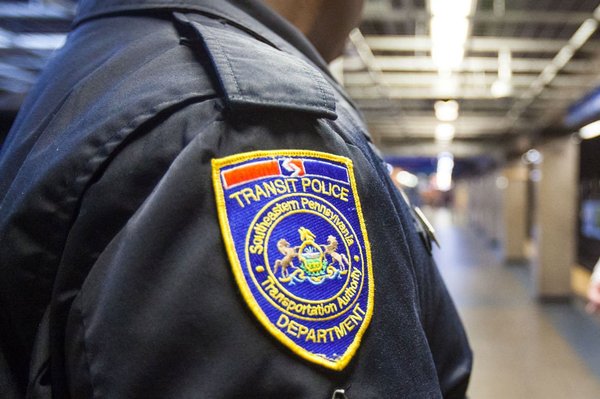SEPTA is stiffening its penalties for low-level offenses like smoking, littering and alcohol consumption – nearly five years after it relaxed them.
Starting July 1, Transit Police will issue tickets that require violators to pay fines ranging from $25 to $150, or contest their charges at a court hearing.
MORE: SEPTA schedules trolley maintenance blitz next month, with a push toward modernization
Serious crimes like robbery and aggravated assault were down 45% during the first three months of 2024, compared to the same period last year. But quality-of-life offenses like public urination have not seen a similar drop, prompting SEPTA to beef up its enforcement, Transit Police Chief Charles Lawson said.
"Something else is going on and we have to get our hands around this anti-social behavior on the system," Lawson said. "For some reason, people and behavior changed during the pandemic. People who self-regulated things like smoking and open containers of alcohol — they stopped self-regulating. It's up to us to enforce it, to give a reason to go back to self-regulating."
In 2019, SEPTA began issuing "administrative enforcement notices" for low-level offenses. They came with a $25 fine, but were not court-enforced. Lawson said they did not deter minor crimes.
"We have about 4 1/2 years of data on what our administrative model has gotten us, and I think it's pretty clear that it's not effective at reducing low-level criminal offenses," Lawson said.
By reverting to its previous policy of issuing so-called "code violation notices," the city's Office of Administrative Review will receive copies of the tickets issued for minor offenses and track unpaid fines. Repeat offenders will be subjected to bans.
"If somebody doesn't pay, the city can impose liens on property, so we feel like it has a bit more teeth to it and more of an ability to swing anti-social behavior in the system," Lawson said.
Most interactions between Transit Police and low-level offenders will involve a "relatively quick" investigative detention and a ticketing process that takes less than 10 minutes, Lawson said.
Fare evasion will be enforced by a summary citation that requires a court appearance and may result in fines of up to $300.
SEPTA has been increasing its police force – it now has 230 officers, its highest total in years, Lawson said. By the end of the year, SEPTA aims to have 250 officers.

